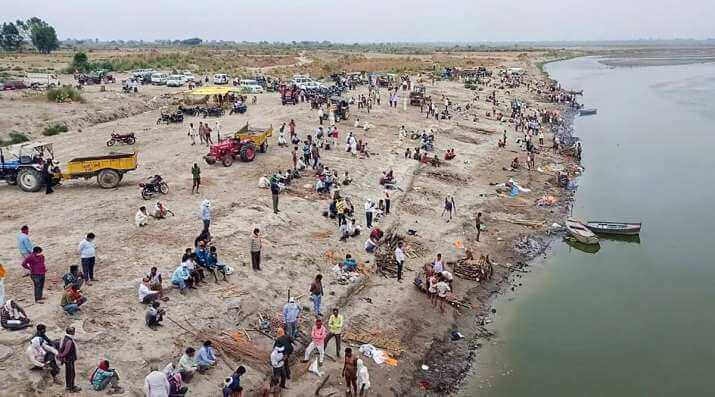Nagpur: After recording the fourth Monkeypox case in the country, Maharashtra the health department noted that they have alerted all doctors and local health departments to look out for patients with foreign travel history of symptoms of monkeypox.
A high-level meeting was called in Delhi after a 31-year-old man on Sunday with no recent travel history tested positive for monkeypox. This was the fourth confirmed case of monkeypox in India, first three were reported from Kerala.
On Saturday, the World Health Organisation (WHO) declared Monkeypox a global health emergency. As per Ministry of health and family welfare, monkeypox is considered to be a viral zoonotic disease with symptoms similar to smallpox with comparatively lesser clinical severity.
History
Monkeypox was first identified in the 1950s when two outbreaks occurred in the colonies of the monkeys used for research purposes. The first human case was reported 20 years later, in the Democratic Republic of the Congo in 1970.

The disease is a relative of smallpox which causes a rash that mainly begins on the face and spreads to the rest of the body.
The disease can be caught from a bite by an infected animal or even touching its blood, body fluids and fur. Often spread through rodents such as rats, mice and squirrels. One can also be infected by eating meat from an infected animal that hasn’t been cooked properly.
Symptoms:
If one gets infected with monkeypox, the symptoms usually develop five to 21 days for the first symptoms to appear. These include a fever, a headache, muscle aches, backache, swollen glands, shivering and exhaustion.
Cure:
Currently, there is no specific treatment for the infection. The disease’s mortality rate is one in 10 infected people according to the World Health Organisation (WHO).














